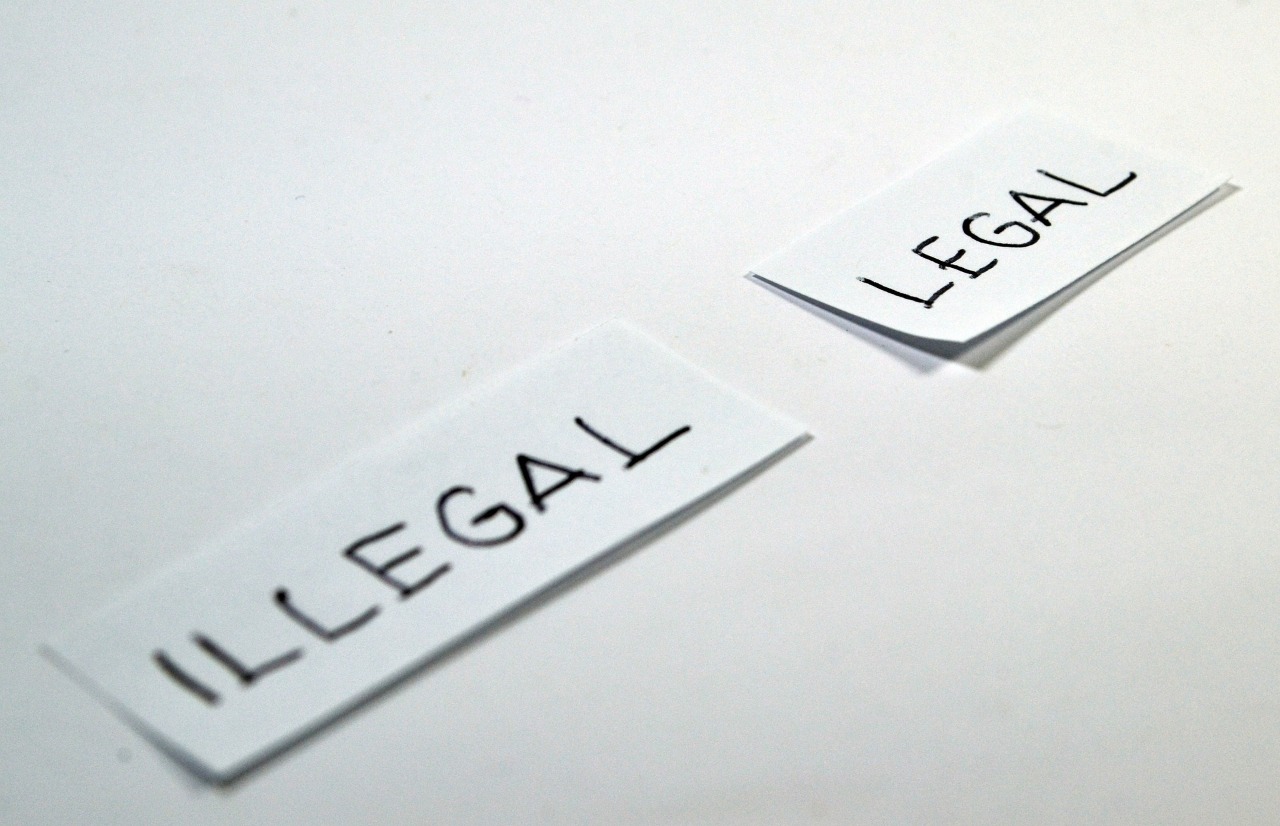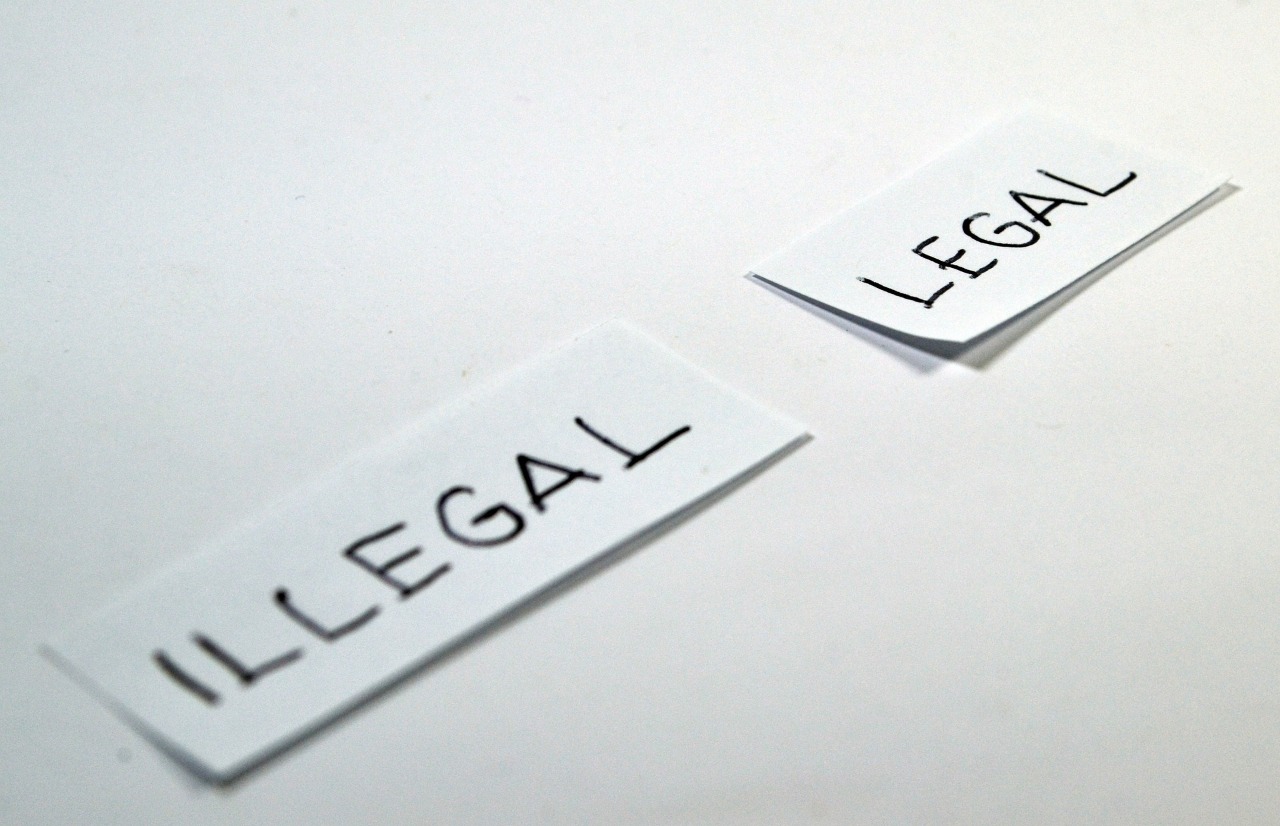

Parallel import is NOT for counterfeit goods, stated the Head of Rospatent and proved the recent Court decisions in Russia
When interviewed by a newspaper Izvestia, Mr. Yury Zubov, the head of Rospatent, has stressed the importance of ensuring legal protection of trademarks belonging to foreign holders. According to Mr. Zubov, protecting trademarks of foreign companies lies within the interests of Russian consumers and Russian market. He emphasized that without such protection counterfeit goods from various sources and of inferior quality would fill in the market and for some categories of goods, such as household appliances or electronics, it could lead to even dangerous consequences (www.iz.ru).
Recent Court decisions in Russia demonstrated the same approach both in civil and administrative proceedings.
The Decision of the Arbitration Court of the Novosibirskaya Oblast dated May 21, 2022 in the case No. А45-1063/2022 has recognized infringement of rights to trademark LOL SURPRISE and works of art representing images of dolls belonging to MGA Entertainment Inc. by a domestic individual entrepreneur and has awarded a compensation to the right holder. In the Decision the court has made the following important conclusion: the Decree of the President of the Russian Federation of February 28, 2022 N 79, as well as the Government Decree N 430-r do not provide for such enforcement measures that would allow the trademark rights violators an exemption from liability in relation to right holders from unfriendly countries. The court has also refused to apply the normative acts regulating parallel import to the case, because the goods under consideration were not original goods (parallel import is the import into the territory of the Russian Federation without the consent of the copyright holders of original foreign goods that have been introduced into civil circulation abroad).
Similar statements have been made in a decision of the Arbitration Court of the Tambov Region dated July 26, 2022 in the case No. А64-9894/2021 on infringement of rights to trademark ROBOCAR POLY and works of art portraying the cartoon characters of ROI VISUAL CO. LTD. The defendant has not provided evidence confirming the legitimacy of using the trademark and works of art belonging to ROI VISUAL CO. LTD., whereas the court has concluded that the registration of the plaintiff in an unfriendly state does not indicate bad faith of the plaintiff and, accordingly, does not give grounds to refuse protection of rights.
Applicability of the parallel import provisions is also determined in the Ruling of the Court for Intellectual Property Rights dated April 27, 2022 N C01-533/2022 in the case N A40-84838/2021 where the defendant has claimed a release from liability on the grounds of the Decree of the Government of the Russian Federation of March 29, 2022 N 506 allowing parallel import of goods labelled with trademarks owned by parties from unfriendly countries. The court has pointed out that the disputed goods have been recognized as counterfeit (not original), since they were not produced and labeled by the trademark owner, which excludes the possibility of applying the legislation regulating parallel import in this case.
The resolution of the Second Arbitration Court of Appeal dated July 26, 2022 N 02AP-5391/2022 in the case N A17-8645/2021 has shown that the court has also disregarded arguments based on parallel import provisions due to the way the disputed trademark has been used by the defendant – in a domain name.
Over the past 6 months courts in various regions of the Russian Federation have completed numerous administrative proceedings launched by executive bodies against parties importing or selling counterfeit goods featuring famous brands such as NIKE, ADIDAS, DIOR, GIVENCHY and many others, which in most cases ended by administrative fines to the infringers and destruction of the counterfeit. Engagement of customs bodies and law enforcement in such administrative actions is an additional evidence of the practical value of IP rights in Russia and possibility of their enforcement despite the instability brought by the political situation.
